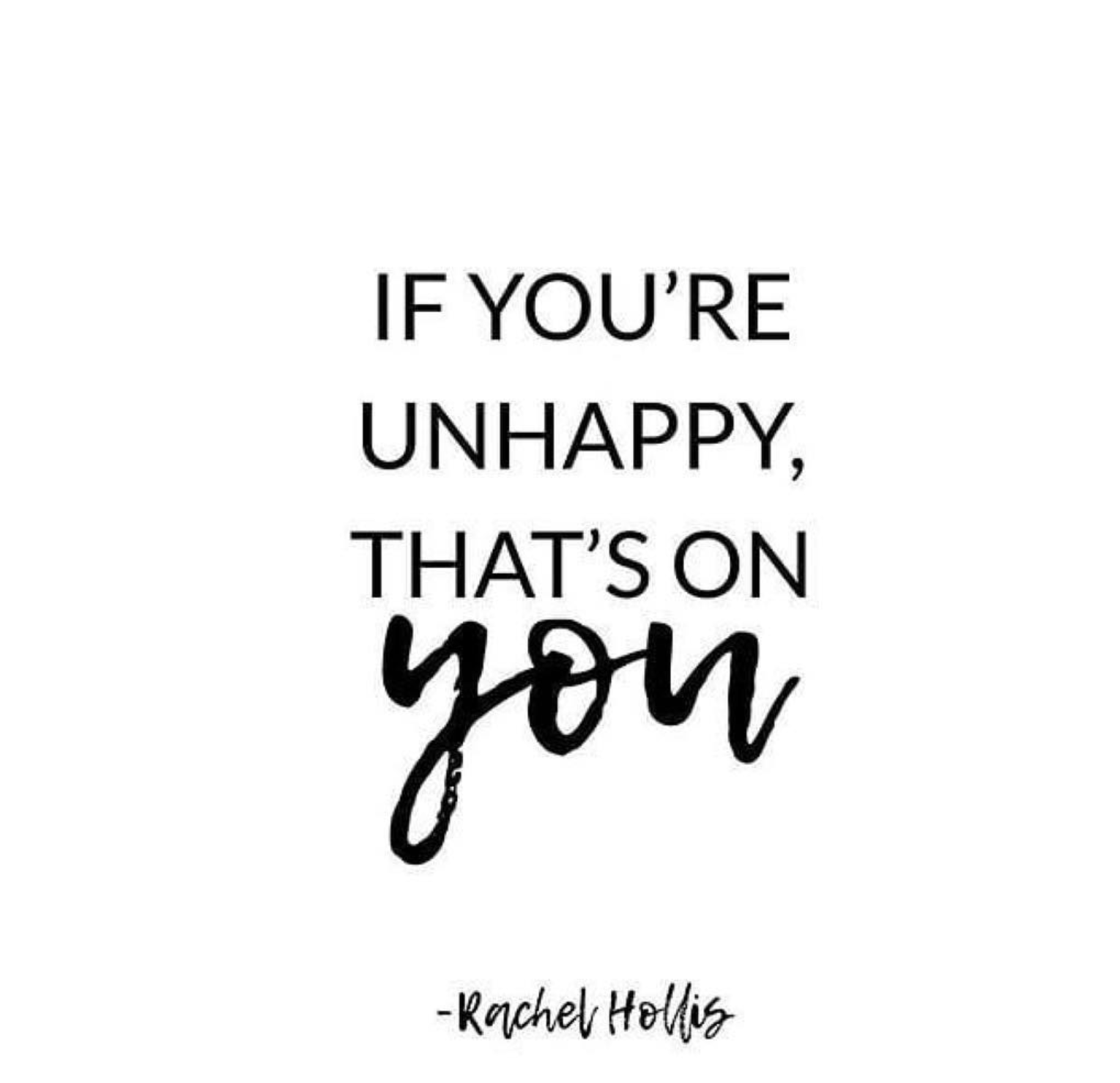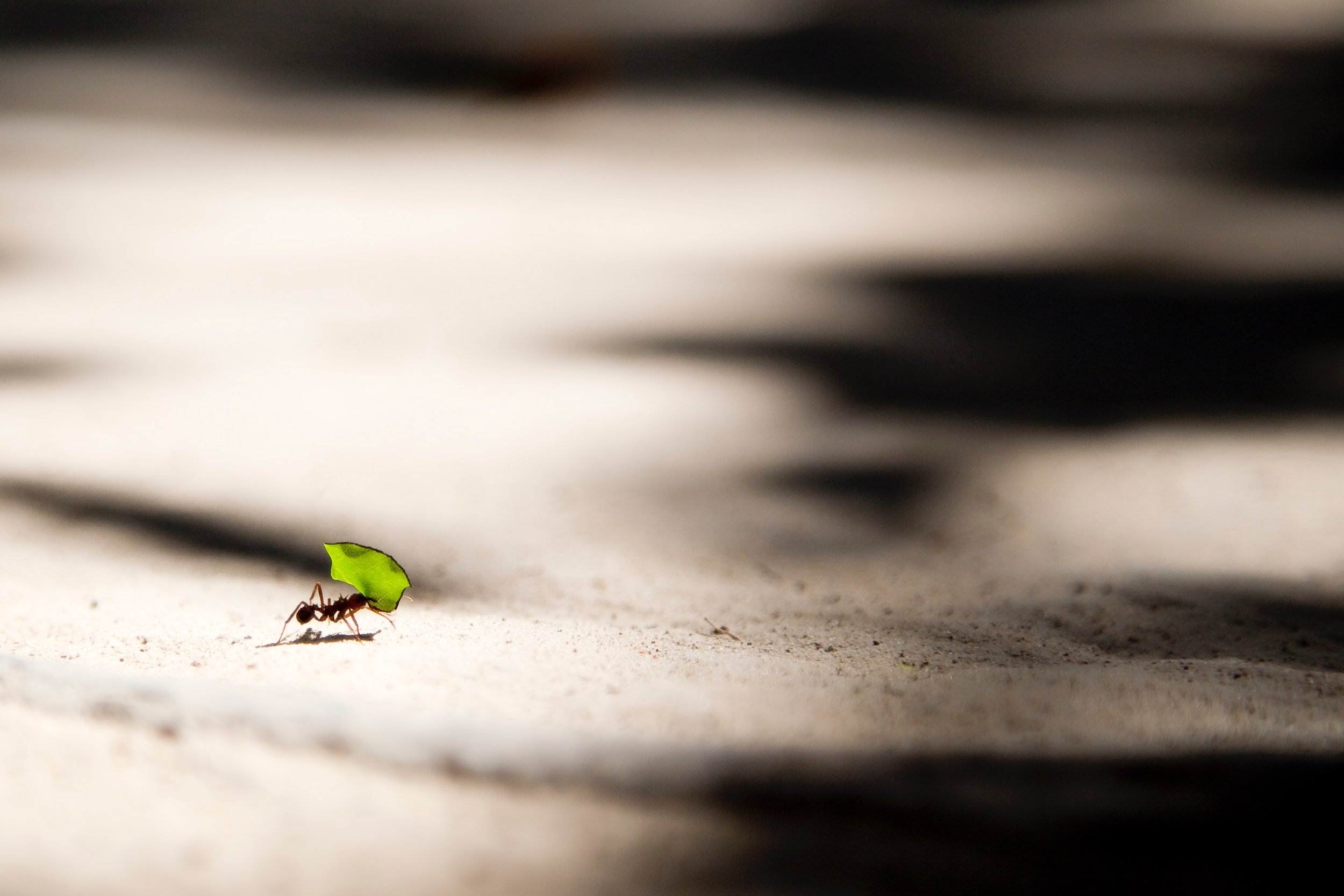Positivity and productivity
Taking your mental health diagnosis into your own hands
So that’s it. You’ve left the doctor’s office and after months (possibly even years) of speculating, you’ve been diagnosed with a mental health condition, likely with a fresh prescription in hand and a spell of therapy on the cards. Congratulations. That kind of conviction takes courage. I’m so proud of you.
But what now? Will the medication work? What about the side-effects? Where do I go from here? Who do I confide in?
This is how I felt when I was first diagnosed. I’ve had two separate diagnoses. One in 2013, for severe depression and anxiety, and the other only two months ago, where after suffering from severe mood swings I had the little-known disorder cyclothymia (the same malady that affects Stephen Fry) ascribed to me. Both times, these questions came to mind. But I grappled with this new mental reality very differently on each occasion.
Five years ago, I wasn’t in a good place. I was the perfectionist with straight A grades trying to maintain that same academic success in a university I was convinced was way too elite for me. In response, I buried myself ever-deeper into my work—studying for ten hours a day for months on end in sheer determination to be the best in my year. I barely slept, hardly ate, and constantly reprimanded myself for being ‘stupid’ and ‘useless’ every time I had the audacity to stop working—even for a minute. Consequently, I had to take two years out of my studies due to an even deeper (but not unexpected) dip in my mental health.
Now, thankfully, I’m in a much better place, with a good—although definitely not top of the class (oh well!)—degree, a job I enjoy, and the most amazing support system a girl could ask for. Still, that second diagnosis rocked me. This time however, I was determined not to fall into the same patterns of thinking as before.
That’s what brought me to writing this article. From the day I was diagnosed with cyclothymia I’ve been on a path of recovery—set by myself, for myself. I’ve employed techniques and adjusted my entire way of living and thinking in order to create the healthiest environment for my mental health possible. Now, therefore, I want to share these methods with you. I hope this proactive approach will also enable you not to just simply live with your disorder but to embrace it as a friend. More importantly however, these techniques are to help you to contain your disorder rather than, like the period after my first diagnosis, letting it sweep you off your feet completely.
Acceptance
The most important step you can take is accepting your condition. Stand in front of the mirror and say your name and your diagnosis. I am Aimee and I have cyclothymia. Repeat it. Make the roof rafters shake! This is you, in the here and now, and it’s time to start loving yourself for it. Remember what Dumbledore said: fear of the name only increases fear of the thing itself. So you rock that anxiety, OCD, schizophrenia—here you are, with a misalignment of brain chemistry and boatload of anti-psychotics in your blood, but still strong, confident and capable. Even more so, I’d say. Trust me, you’ll begin to acknowledge what you can do despite your diagnosis rather than what you believe you can’t do because of it.
Stand in front of the mirror and say your name and diagnosis:
I am Aimee and I have cyclothmia. Own it.
Learn about your condition
Knowledge is power. Understand the ins and outs of your diagnosis. Not only will this add a sense of control but it will also make it easier to explain to others what you're suffering from, why you feel and act in certain ways and the best ways for them to respond and help. Make sure you look up the recommended therapeutic treatments for your condition—cognitive behavioural therapy (CBT) and dialectical behaviour therapy (DBT) are common examples—and learn to implement the techniques in your own life. There’s a wealth of self-help books out there specifically designed for individual conditions/treatments, as well as countless others that promote a more generalised mental well-being. I also like to read first-hand accounts of mental illness—it’s an excellent means of reminding yourself that others have struggled through the same troubles as you. Girl Interrupted, An Unquiet Mind, Prozac Nation, The Bell Jar—I’ve read them all.
Figure out your triggers and coping mechanisms
Sometimes I like to play therapist with myself. When my moods start to become turbulent I imagine myself in a psychiatrist’s office, sit myself down, and ask myself why I feel like that. What triggered it? How do I manage it in the future? I jot down these findings in the notes app in my phone so they’re there with me the next time I start to feel my condition cloud my judgement. It’s also important to analyse whether any of your current coping mechanisms are detrimental to your health. For example, a common behaviour for those with mental health conditions is to self-medicate with drugs or alcohol, as well as self-harming. Aim to pick apart these devices and replace them with something healthier: Give Dry January a go; limit yourself to one glass of wine a week; write your feelings down and rip up the piece of paper into a thousand tiny pieces; take up kickboxing and channel your anger through that instead.
Detoxify your surroundings
Nothing is more valuable than your inner peace but a negative environment breeds a negative head space. Ensure that you have a good support network comprising those who will celebrate your achievements but also console you during your darkest days. If anyone doesn’t fit that criteria, ditch them. If you dread coming into work, find a new job. Of course, making these changes will likely harbour some additional pain and uncertainty but I assure you that while this is temporary, the end result will be revolutionary. Detoxifying also applies to your social media. Unfollow those accounts that make you feel bad about yourself (fitspiration blogs, anyone?) and replace them with others on positivity and perspective.
Exercise
Oh, how we love to hate it! But it’s true what they say: exercise drastically helps your moods, releasing those feel-good endorphins into your brain as well as helping you work through whatever negative emotions you may be harbouring. And besides, nothing beats that feeling of accomplishment that comes after a monster sesh. Smash those PBs! Of course, there’s also a massive paradox—exercise will make me feel good but I don’t feel well enough to exercise. No problem, let’s take things slow: a ten minute jog. A walk around the block. Hell, five star-jumps if that’s all you can manage. I also recommend adding goals to your weekly gym session. Watch those five star-jumps turn into twenty or that ten minute jog become a half-marathon. Like I said, that sense of achievement can’t be beaten. And remember, diet is imperative too. Cut out the sugar, load up on the superfoods, and stay hydrated. A healthy body is a healthy mind after all.
Perspective
Leading on from this, it’s vital to employ a sense of perspective in your daily life. You will have your bad days—that’s inevitable. But remember this: healing is not a linear process. There’ll be times where you feel like you’ve taken a giant step back in your recovery. But gradually, you’ll begin to start taking baby steps forward until, hey presto, you’re further on than you were when you had your last down-spiral. A really excellent means of approaching each day is seeing it in terms of effort given, rather than concentrating on the number or nature of tasks completed. Make sure that every day, you give 100 percent. That 100 percent, however, is always relative to how your mental health is. So, one day, you may be suffering so terribly that you only managed to get out of bed, shower, and brush your teeth. Congratulations, you gave 100 percent! Others, you may deep-clean your entire house, exercise for two hours, do your weekly shop, and go on a date. Again, that’s 100 percent. You get the gist. The key here is not to beat yourself up for the lapses in your mental health. It happens, it’s fine. And you know what? Each day is a fresh start. So attack it with the same 100 percent mentality as you did yesterday. You've got this.
Love yourself
Finally, it’s all about the self-love. So, take some time out; learn to love alone time. Explore your feelings and study what it means to be you—right down to the darkest, deepest crevices of your mind. Be honest with yourself and above all, speak to yourself with kindness, compassion, and forgiveness. Become your own best friend. At least once a month I aim to take myself out on a ‘date’—sometimes it’s as simple as a book and a hot chocolate at the local coffee shop, other times it’ll be a weekend away to a foreign city. Go on, you’ll be surprised by how freeing it is. And I’m never one to miss out on self-care Sundays. Cue the bubble bath, face-mask, and chilled out playlist. This is my time and I’m going to love every minute of it—diagnosis and all. Be your own power. ■




















Taking your mental health diagnosis into your own hands